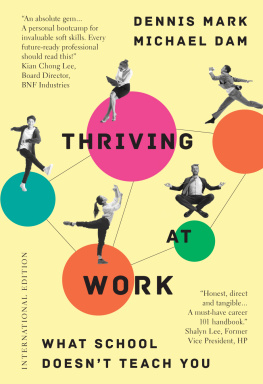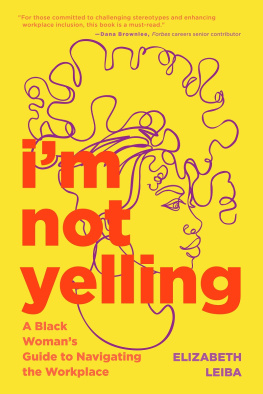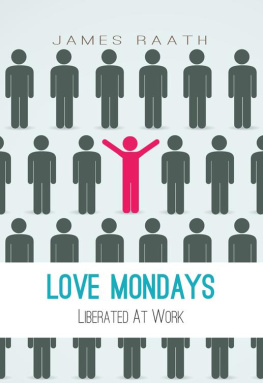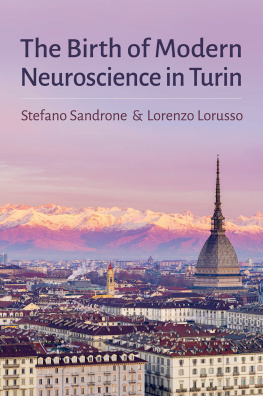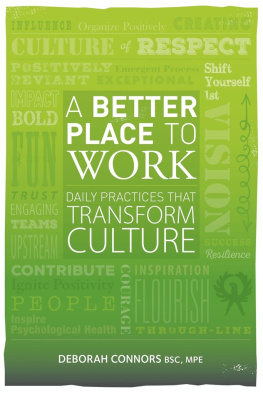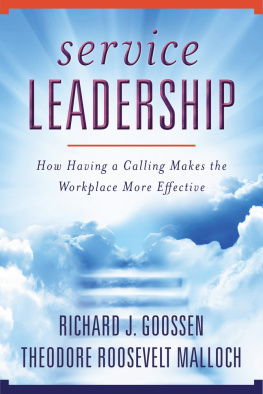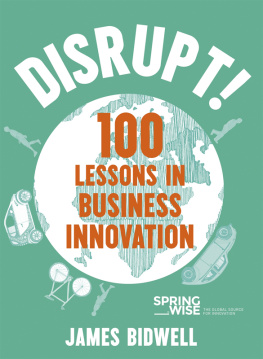Spirituality, Corporate Culture, and American Business
Critiquing Religion: Discourse, Culture, Power
Series editor: Craig Martin
Critiquing Religion: Discourse, Culture, Power publishes works that historicize both religions and modern discourses on religion that treat it as a unique object of study. Using diverse methodologies and social theories, volumes in this series view religions and discourses on religion as commonplace rhetorics, authenticity narratives, or legitimating myths which function in the creation, maintenance, and contestation of social formations. Works in the series are on the cutting-edge of critical scholarship, regarding religion as just another cultural tool used to gerrymander social space and distribute power relations in the modern world. Critiquing Religion: Discourse, Culture, Power provides a unique home for reflexive, critical work in the field of religious studies.
Spirituality, Corporate Culture, and American Business
The Neoliberal Ethic and the Spirit of Global Capital
James Dennis LoRusso
Bloomsbury Academic
An imprint of Bloomsbury Publishing Plc

Bloomsbury Academic
An imprint of Bloomsbury Publishing Plc
50 Bedford Square London WC1B 3DP UK
1385 Broadway New York NY 10018 USA
www.bloomsbury.com
BLOOMSBURY and the Diana logo are trademarks of Bloomsbury Publishing Plc
First published 2017
James Dennis LoRusso, 2017
James Dennis LoRusso has asserted his right under the Copyright, Designs and Patents Act, 1988, to be identified as Author of this work.
All rights reserved. No part of this publication may be reproduced or transmitted in any form or by any means, electronic or mechanical, including photocopying, recording, or any information storage or retrieval system, without prior permission in writing from the publishers.
No responsibility for loss caused to any individual or organization acting on or refraining from action as a result of the material in this publication can be accepted by Bloomsbury or the author.
British Library Cataloguing-in-Publication Data
A catalogue record for this book is available from the British Library.
ISBN: HB: 978-1-3500-0627-0
ePDF: 978-1-3500-0625-6
ePub: 978-1-3500-0626-3
Library of Congress Cataloging-in-Publication Data
Names: LoRusso, James Dennis, author.
Title: Spirituality, corporate culture and American business: the neoliberalethic and the spirit of global capital / James Dennis LoRusso.
Description: London, UK; New York, NY, USA: Bloomsbury Academic, an imprintof Bloomsbury Publishing, Plc, [2017] | Series: Critiquing religion:discourse, culture, power; 3 | Includes bibliographical references and index.
Identifiers: LCCN 2016039049| ISBN 9781350006270 (hb) | ISBN 9781350006256 (epdf)Subjects: LCSH: Religion in the workplace. | Corporate culture. |BusinessReligious aspects. | ManagementReligious aspects. | Businessethics. | Neoliberalism.
Classification: LCC BL65.W67 L67 2017 | DDC 201/.73dc23 LC record available at https://lccn.loc.gov/2016039049
Series: Critiquing Religion: Discourse, Culture, Power
Series design by Dani Leigh
Cover image Yddet Maryann Bermeo / EyeEm / gettyimages.co.uk
Contents
This book has benefitted greatly from the careful guidance and generous support of a number of individuals and organizations. I would like to begin by thanking series editor, Craig Martin, for his continued support of my scholarship over the years and for the opportunity to be a a an inaugural author for this new series on Critiquing Religion: Discourse, Power, Culture.
Also, I must recognize my long-time mentor, dear friend, and colleague, Dr. Louis A. Ruprecht, Jr., William Suttles Chair of Georgia State University. Lou, more than any other individual, has been integral to my development as a scholar over the last decade. He has been an ever-present sounding board for this project since its inception and continues to create opportunities for my professional development.
In addition, I would like to acknowledge the ongoing feedback I have received from Dr. Bobbi Patterson, who has offered helpful comments in transitioning my dissertation project into this publication. My dissertation advisor, Dr. Gary M. Laderman, chair of the Religion Department at Emory University, also deserves my sincerest gratitude for all he has done for my growth as a scholar.
I would especially like to include a thanks to several people affiliated with the Center for the Study of Religion at Princeton University on whose support I have greatly depended on for completing this book. First, I am most grateful Dr. Robert Wuthnow and all of my colleagues in the Religion and Public Life Seminar who took the time to offer very helpful feedback for individual chapters. Also, thanks to the participants in the American Religion Workshop in Princetons Religion Department and, in particular, Dr. Judith Weisenfeld for inviting me to share my work with seminar.
To Dr. David Miller, the director of Princeton Universitys Faith and Work Initiative, I am ever grateful for all of the ongoing support and confidence that he has consistently imparted to me. David has been one my biggest cheerleaders over these last two years, and although we had many other competing projects in need of completion, he ensured that I have the free time and flexibility to complete this manuscript. So, for that, and countless other reasons, thank you, David.
Others in the academy that have helped along the way and deserve special mention are Andrew Durdin, Ben Brazil, Bethany Moreton, Christopher White, Dan Macnamara, Faith Ngunjiri, George Gonzalez, Lake Lambert, Michael Thate, Steven Tipton, and many more.
Also, I must also extend thanks to those that took the time to participate my research, including Matthew and Terces Engelhart and everyone at Gracias Madre with whom I spoke, Les Kaye and Kannon Do Zen Meditation Center, Judi Neal, Alan Lurie, Peter Roche, and Marc Miller.
On a personal note, I would like to thank my family, starting with my parents, Jim and Pat LoRusso, who have always given me their unconditional support throughout my many vocational lives. They have always encouraged me in all my endeavors (even when it may have been nothing more than a fools errand) and continue to inspire me to excel. I also wish to offer special thanks to my brother, Steve, his wife, Takesia, and their two children, Taquilla and Alyssa, for being a source of true happiness in my life.
Finally, I dedicate this book to my life partner, my wife Rebecca, who has always created an environment in which my intellectual efforts could succeed. I am forever thankful for her willingness to embrace the often unpredictable realities of being married to an academic. Thank you for being my best friend and for laboring alongside me to make all of this possible.
In November of 2011, I was invited to Fayetteville, Arkansas to present a short paper at the annual International Faith and Spirit at Work Conference sponsored by the Tyson Center for Faith and Spirituality in the Workplace at the University of Arkansas. The center, founded in 2006, is affiliated with the Sam M. Walton College of Business and aspires to be a nexus for thought leaders to exchange views and encourage research projects around faith and spirituality in the workplace. At the conference, I would be discussing some of previous ethnographic research on the corporate culture of Starbucks Coffee Company, which I had conducted several years earlier in completing a graduate thesis. The contrast between my departure from LaGuardia International Airport in Queens, New York and my arrival at Northwest Arkansas Regional Airport could not have been more striking. I left behind a cacophony of taxis and rushed passengers with baggage barely in tow for a modest, single-terminal building surrounded by wide-open cow pastures. Excited to finally discuss the intersection of spirituality and business with like-minded specialists, I anticipated the insights I might acquire, the new directions to which the intellectual exchanges would lead. Indeed, the conference would prove to be a pivotal point in my research, but not quite in the way I had imagined.


